Geography
Introduction
“Geography explains the past, illuminates the present and prepares us for the future” – Sir Michael Palin
One of Geography’s strengths is its positioning as a subject, bridging the Arts and Sciences. Consequently, Geographers are not only able to observe and collect data but are also able to build social, moral and political opinions and arguments that inform how we live in our world. As a result of this intrinsic component of Geography, the students at Halliford learn more than just knowledge about the world. They develop the skills needed to navigate through the complexities, interactions and beauty of the planet that we inhabit.
We, therefore, invite students to engage critically in a range of geographical issues and develop a range of geographical skills through the study of dynamic and contemporary content. We encourage students to understand and grapple with issues which affect people and places at a range of scales, from local to global – and all that is in between. This approach to studying the subject helps to develop knowledgeable, independent, skilled and curious students.
Years 7 – 9
As a Department, we aim to ensure students reach the end of Key Stage 3, having developed foundational Geographical knowledge, processes and skills. We embed practical fieldwork experience to all students at various points in Years 7-9, and we are increasingly working towards project-based learning to encourage student curiosity and creativity. The Department is well-resourced with both traditional resources, and we have expanded our use of technology to develop digital skills. One exciting project that Our Geography Club has been working on is to design and build an Augmented Reality Sandbox. This allows students to use contour modelling first-hand and understand the importance of how landscapes change through time. Furthermore, all students have Microsoft Surface Go devices with Microsoft 365 that help develop independent and collaborative learning skills to engage with contemporary information.
GCSE
Exam Board: OCR B: Geography for Enquiring Minds
This GCSE qualification aims to inspire a passion for geography within learners, which encourages an interest in the subject beyond academic achievements for the rest of their life.
It achieves this by having engaging content that allows students to study in-depth, contemporary case studies that are both local and global in nature. This includes developing and extending their knowledge of locations, places, environments and processes and understanding the role of social, economic, environmental, political and cultural contexts in shaping these environments.
In addition, they will develop a deep understanding of the interactions between people and environments. They will study the dynamic and diverse geography of the UK as well as explore the complexities of the planet and its interconnections.
Furthermore, students will develop and extend their competence in a range of skills, including those used in fieldwork, in using maps and Geographical Information Systems (GIS) and in researching secondary evidence, including digital sources, and develop their competence in applying sound enquiry and investigative approaches to questions and hypotheses. This is achieved as geographical skills are embedded throughout the course, and fieldwork is a core element of the course. There are three exams at the end of the two-year course, which cover the following topics:
Our Natural World – 35% of GCSE
- Global Hazards
- Changing Climate
- Distinctive Landscapes
- Sustaining Ecosystems
People and Society – 35% of GCSE
- Urban Futures
- Dynamic Development
- UK in the 21st Century
- Resource Reliance
Geographical Exploration – 40% of GCSE
- Geographical Skills
- Decision Making Exercise (DME)
“Where we come from, what we do, what we eat, how we move about and how we shape our future are all directly the province of the geographer. More than ever, we need the geographer’s skills and foresight to help us learn about the planet — how we use it and how we abuse it.” – Sir Michael Palin
A Level
Exam Board: OCR
The A Level qualification aims to encourage learners to develop a range of essential skills for Higher Education and the world of work through content which is contemporary and reflects the complex geographical debates and challenges of the 21st Century.
The key features of this course include:
This course allows students to study a range of physical and human geography topics whilst unpicking the debates surrounding contemporary challenges facing the world today. There are opportunities to gain vital geographical, fieldwork and life skills, and there is an independent investigation giving learners resilience in self-sufficient study.
- Physical Systems – 22% of total A Level
Through the study of Physical systems, students will develop an understanding and appreciation of Landscape Systems, contextualised through Coastal Landscapes, and Earth’s Life Support Systems, which encompasses the water and carbon cycles vital to our planet.
- Human Interactions – 22% of total A Level
Students explore Human interactions (02) through the study of Global Migration, focusing on power and borders, and Changing Spaces; Making Places, which gives learners an insight into the nature of places and the fluidity of their meanings and representations.
- Geographical debates – 36% of total A Level
Students and their teachers explore in depth two from a choice of five of the most challenging, dynamic and fascinating issues of the 21st century. At Halliford, we study the Disease Dilemmas unit and Hazardous Earth topics. The focus of these debates is the implications on people and the environment.
- Independent Investigation – 20% of total A Level
The Investigative geography component allows learners to undertake an independent investigation linked to any aspect of the specification to satisfy their intellectual curiosity.
Tours and Trips
Students are encouraged to seize opportunities to expand their geographical horizons through travel within the UK and further abroad, as these help to support a greater appreciation for the wonder of the world around them. In 2024, we are taking 20 students from Years 7 – 13 to Iceland to explore tectonic activity and glaciers!
We continually review destinations for our fieldwork at all Key Stages to reflect the changes to the courses at GCSE and A Level.


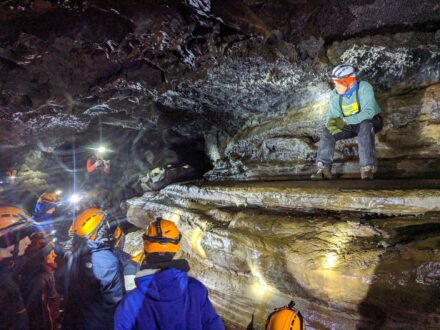


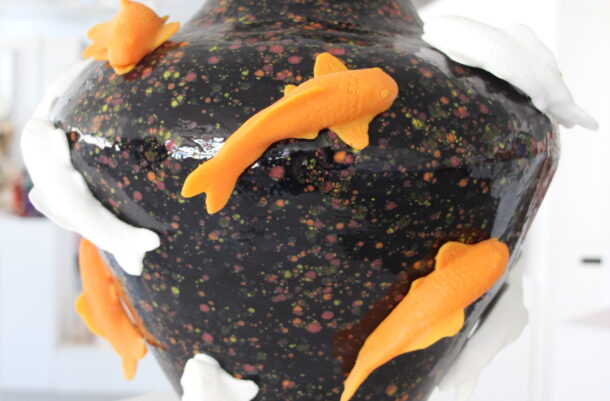
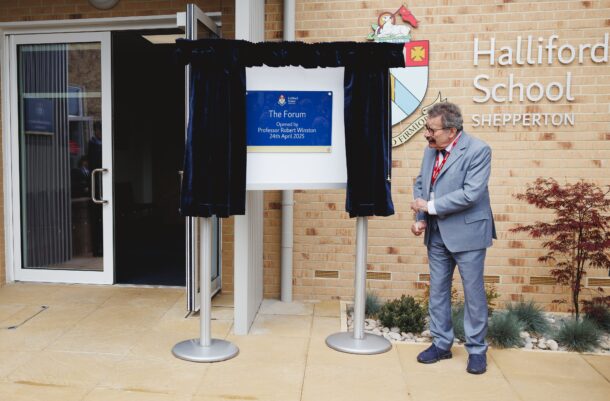
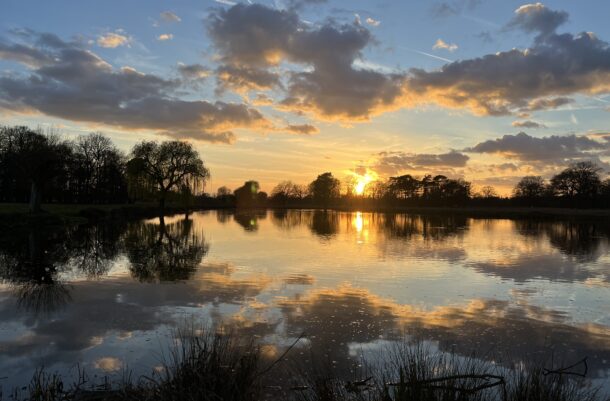
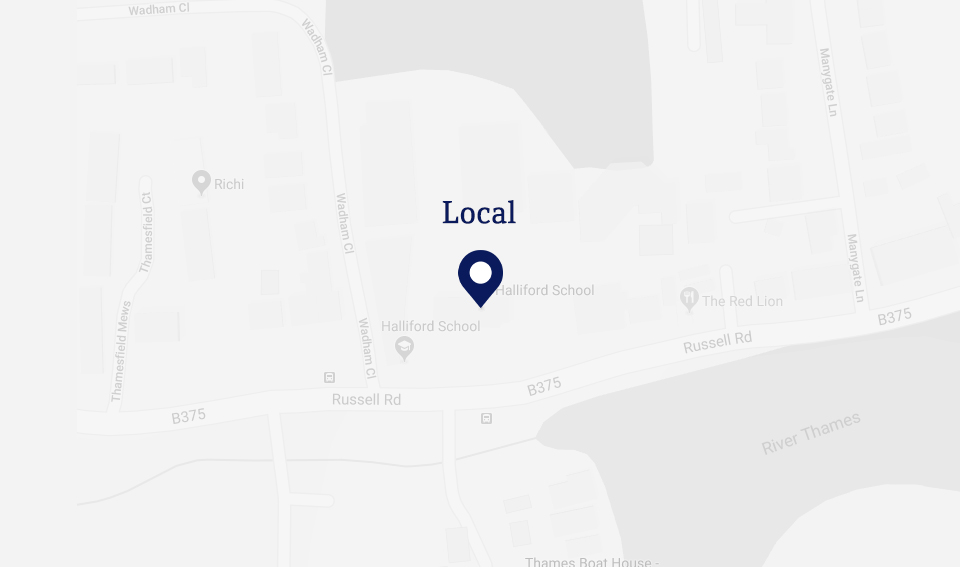
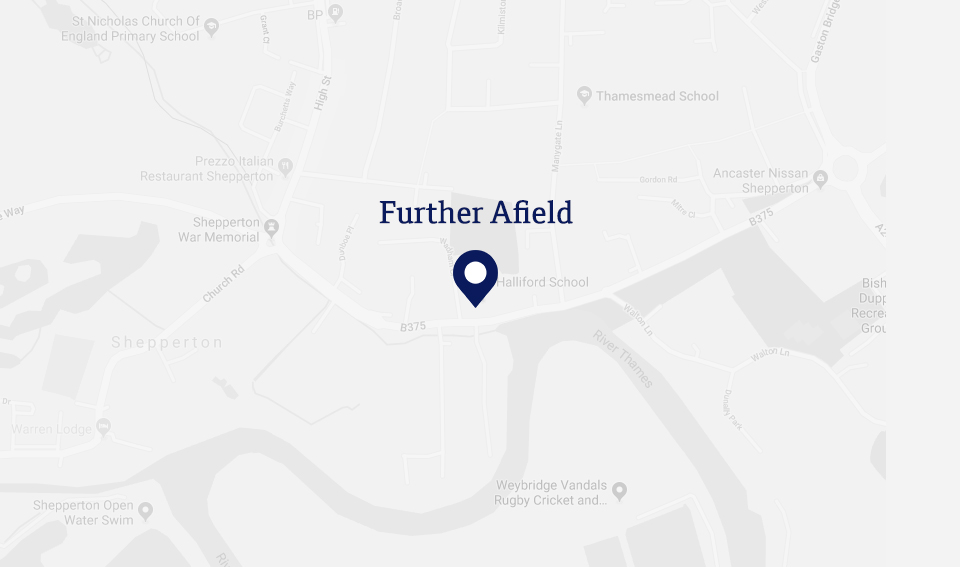
0 CommentsComment on Facebook